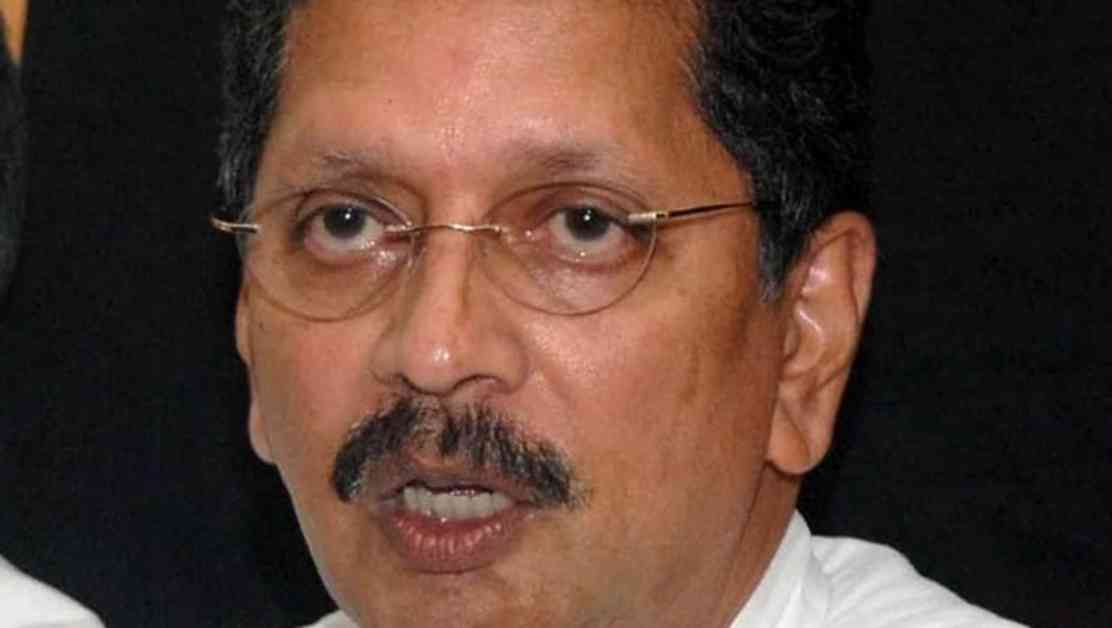Consolidation of School Management in Maharashtra: Kesarkar’s Proposal
The educational landscape in Maharashtra is set to undergo a significant transformation as School Education Minister Deepak Kesarkar proposes the consolidation of school management under one department. This move aims to streamline educational administration and address longstanding issues of quality and planning deficiencies within various educational institutions across the state.
Integration of Tribal Ashram Schools
One of the key aspects of Kesarkar’s proposal is the integration of tribal ashram schools and other institutions currently under the Tribal Development Department. These schools play a crucial role in providing education to students from tribal communities, but they have often faced challenges in terms of quality and management. By transferring the management of these schools to the School Education Department, the government hopes to improve the overall educational experience for students in these institutions.
At present, there are 497 government-run ashram schools in Maharashtra, serving a total of 199,416 students. Additionally, there are 556 subsidised ashram schools catering to 241,548 students, and around 155 unaided schools enrolling approximately 450,000 students. The consolidation of these schools under one department is expected to streamline administrative processes, improve coordination, and ultimately enhance the quality of education provided to students.
Challenges and Opportunities
While the proposal to consolidate school management has been met with some resistance from certain quarters, it also presents significant opportunities for the educational sector in Maharashtra. By centralising administration under the School Education Department, the government aims to improve efficiency, enhance educational standards, and better cater to the needs of students across the state.
The merger of Adivasi Ashram Schools with the School Education Department has been under consideration for over a year, with discussions between key stakeholders highlighting the need for a more coordinated approach to educational management. The move towards consolidation represents a major shift in the state’s educational landscape and has the potential to positively impact hundreds of thousands of students.
Implications for Educational Quality and Tribal Welfare
As the proposal moves towards cabinet consideration, its implications for educational quality, administrative efficiency, and tribal welfare will be closely scrutinised. The government’s focus on improving the quality of education provided to students, particularly those from marginalised communities, is commendable. By centralising school management under one department, the government hopes to address longstanding issues of quality and planning deficiencies within various educational institutions across the state.
The consolidation effort is not without its challenges, as certain stakeholders may resist the proposed changes due to potential impacts on their interests. However, the government remains committed to improving the overall educational experience for students in Maharashtra and believes that centralising school management under the School Education Department is a step in the right direction.
In conclusion, Kesarkar’s proposal to consolidate school management in Maharashtra represents a significant opportunity to enhance educational quality, administrative efficiency, and tribal welfare. By centralising administration under one department, the government aims to streamline processes, improve coordination, and ultimately provide a better educational experience for students across the state. As the proposal moves towards implementation, its impact on the educational sector in Maharashtra will be closely monitored to ensure positive outcomes for all stakeholders involved.




















